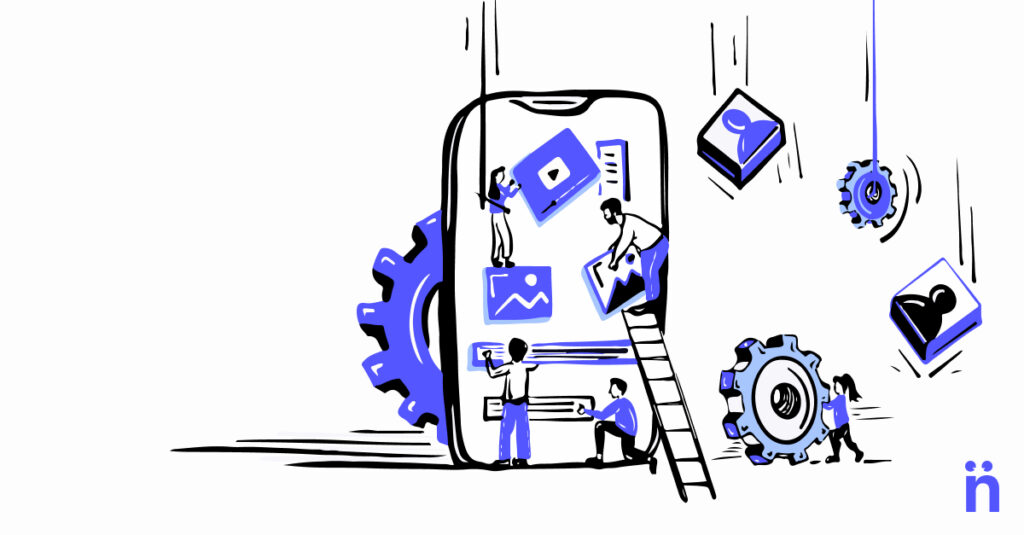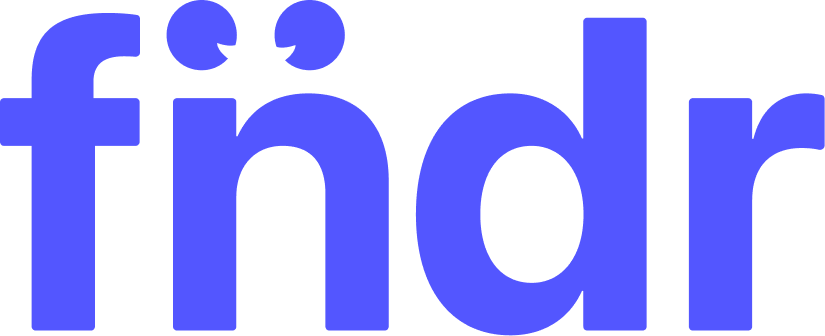Digital transformation in human resources
In an era characterized by constant innovation, the human resources sector has undergone a remarkable transformation through the introduction of new technologies and its subsequent digitization process. This technological revolution has fundamentally altered the way companies manage, attract and retain talent.
Organizations, aware of the strategic importance of having highly skilled and committed teams, have proactively adopted technological solutions to optimize their human resources processes. Here are some examples that illustrate the transformation of the industry:
- Use of artificial intelligence tools in personnel selection: The application of artificial intelligence in personnel selection has enabled organizations to analyze large volumes of data to identify candidates that best fit the required profiles, thus streamlining the hiring process.
- Adoption of automated performance evaluation systems: Companies have implemented automated systems to evaluate employee performance, using objective metrics and quantifiable data to provide accurate feedback and facilitate professional development.
- Integration of online learning platforms: The integration of online learning platforms has enabled organizations to offer continuous training to their employees, adapting nimbly to the changing demands of the labor market and improving business-relevant skills.
- Use of data analytics for strategic decision making: Data analytics has become a critical tool for HR departments, providing valuable information on hiring trends, engagement levels, and effectiveness of professional development programs.
The implementation of talent management tools, artificial intelligence and data analysis has generated significant changes in the way human resources are recruited, evaluated and developed within companies.

One of the highlights of this evolution is the automation of routine processes. Tasks such as resume screening, applicant tracking and initial interview management have been optimized thanks to advanced algorithms that allow HR professionals to focus on more strategic aspects of talent management.
In addition, the introduction of online learning platforms and skills assessment tools has facilitated the identification and development of key competencies in employees. This has not only contributed to improving the efficiency of training, but has also enabled companies to adapt more nimbly to the changing demands of the labor market.
Data analytics has emerged as a cornerstone in this digitization process, providing HR managers with valuable insights for informed decision making. The ability to anticipate hiring trends, identify areas for improvement in employee engagement and evaluate the return on investment in professional development programs has elevated the strategic role of HR professionals.
In short, the introduction of new technologies in HR is redefining the way companies manage their talent. This digital revolution not only improves the efficiency of traditional processes, but also enhances the ability of organizations to attract, retain and develop human capital, making it an essential component of business success in the contemporary era.

